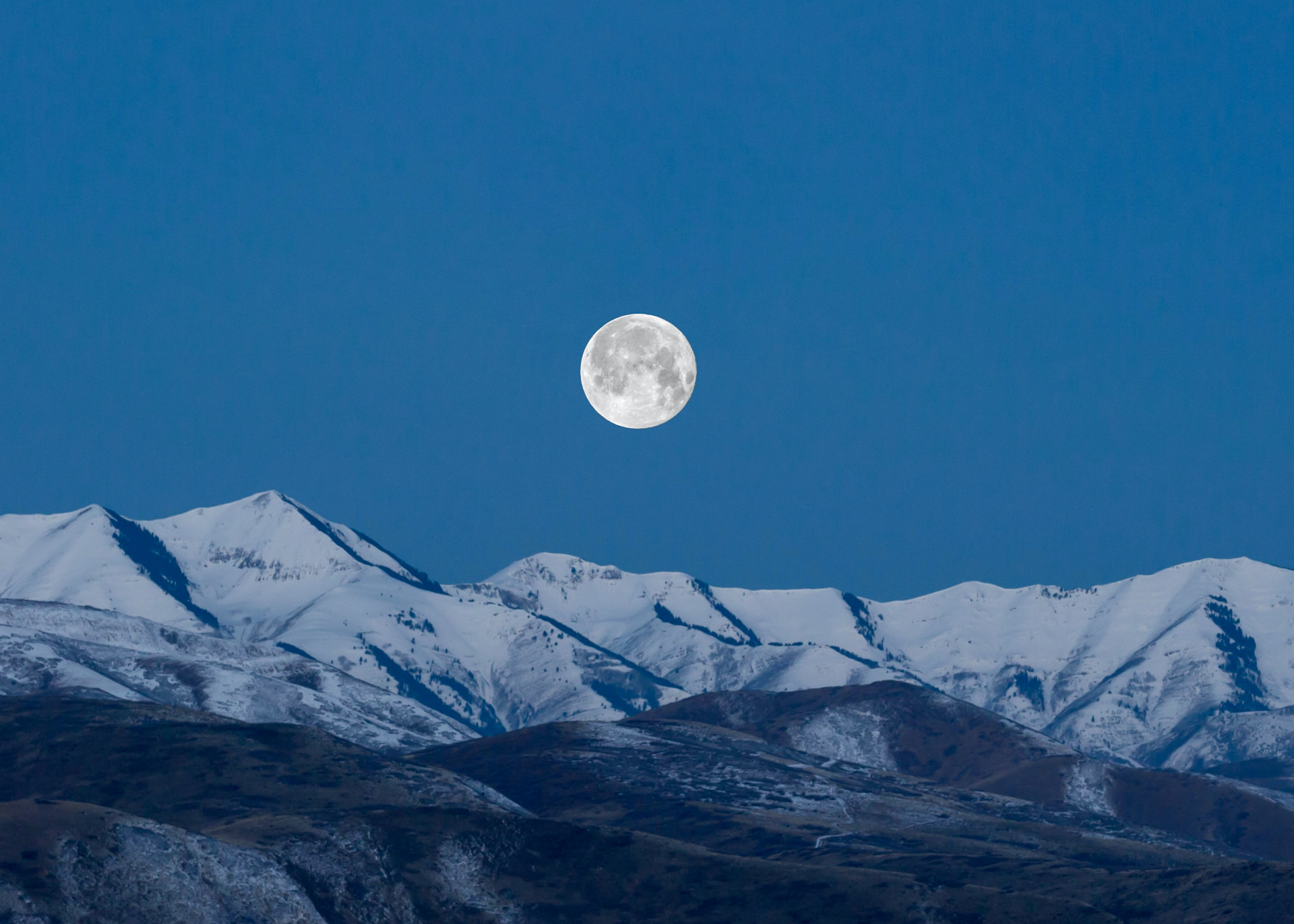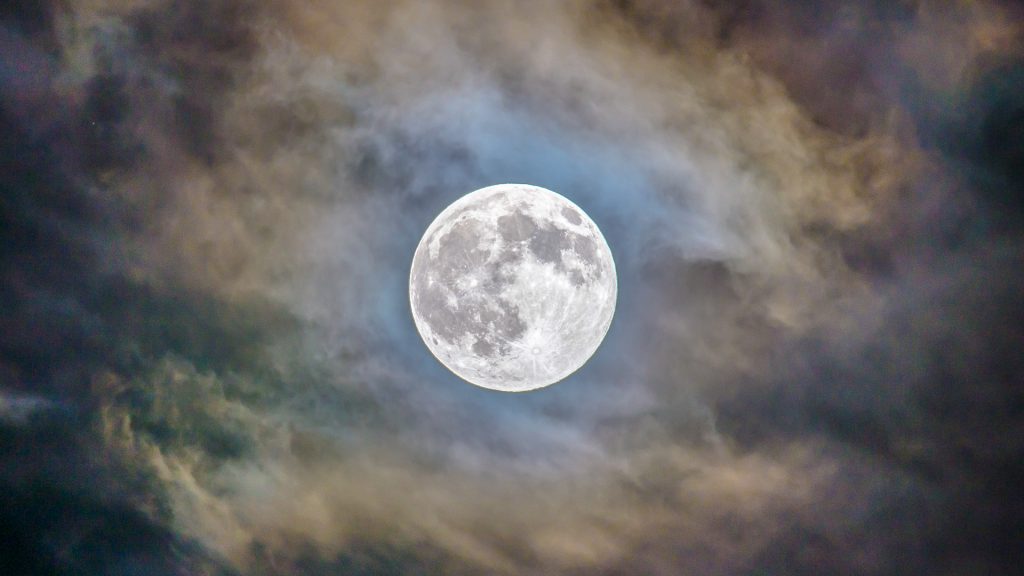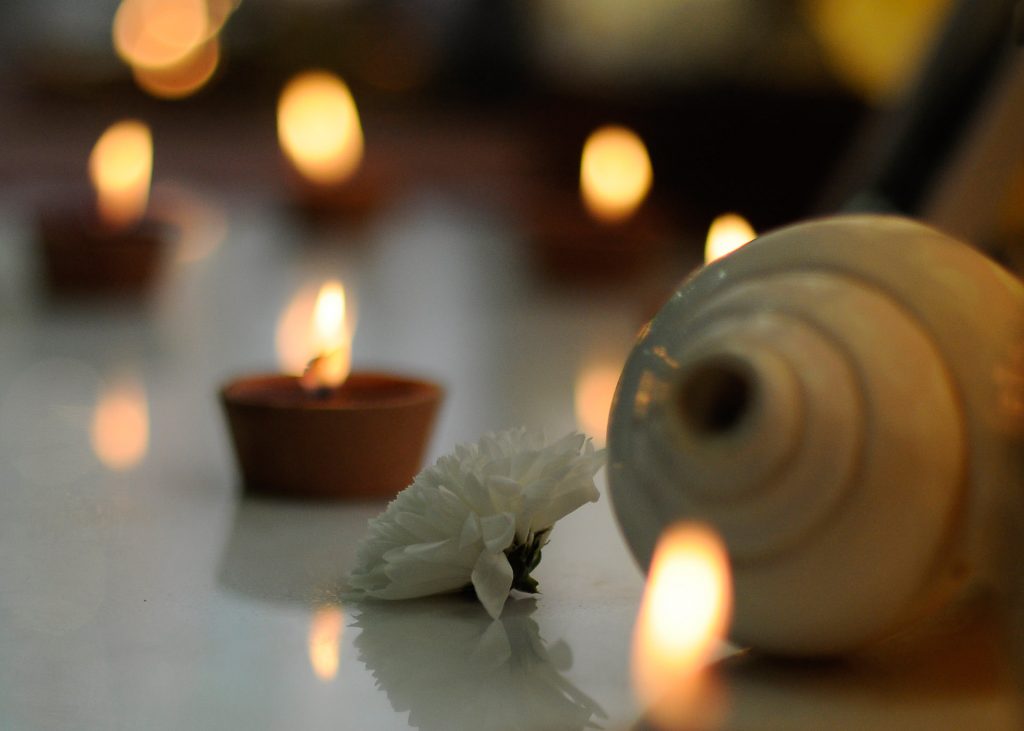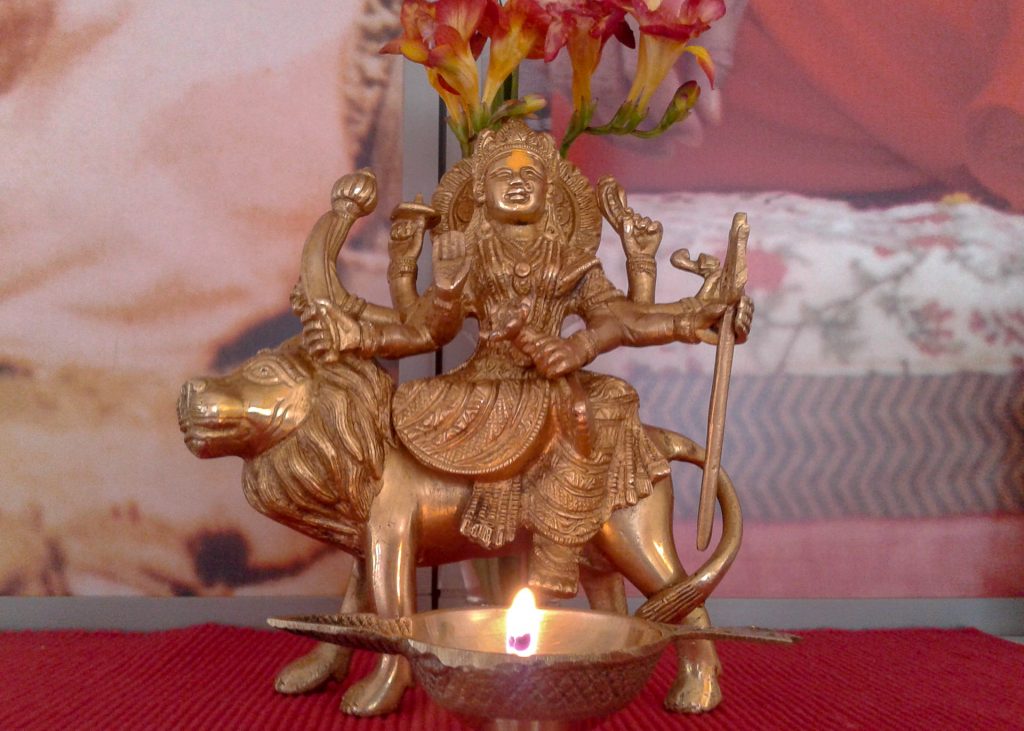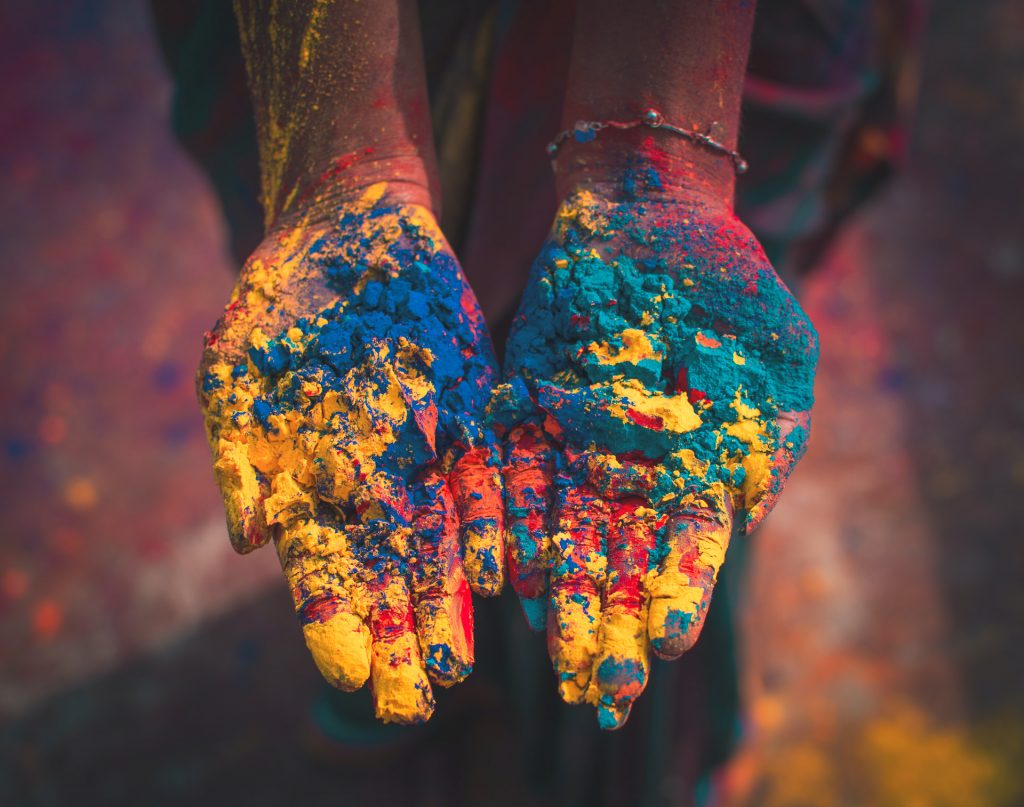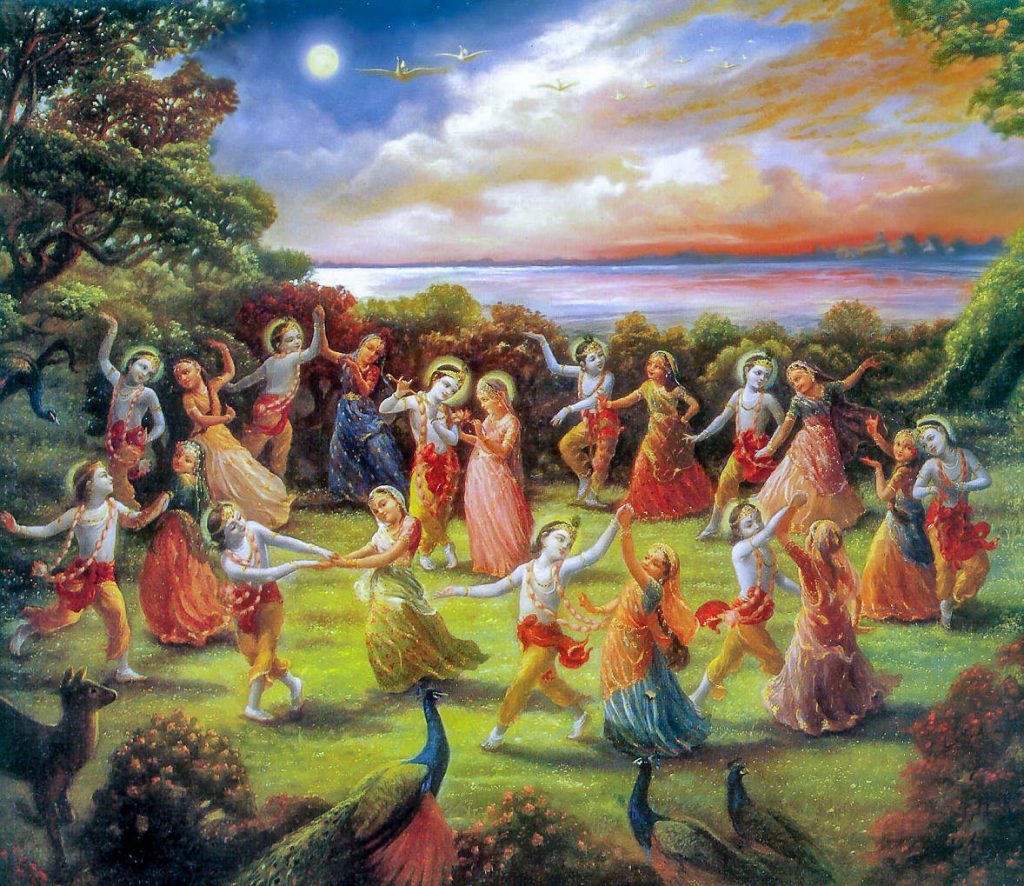
Sarad Purnima
Sarad purnima is the day that falls in the month of Asvin according to the Lunar calendar, and it is usually the tenth full moon of the year. On that day the moon is the…
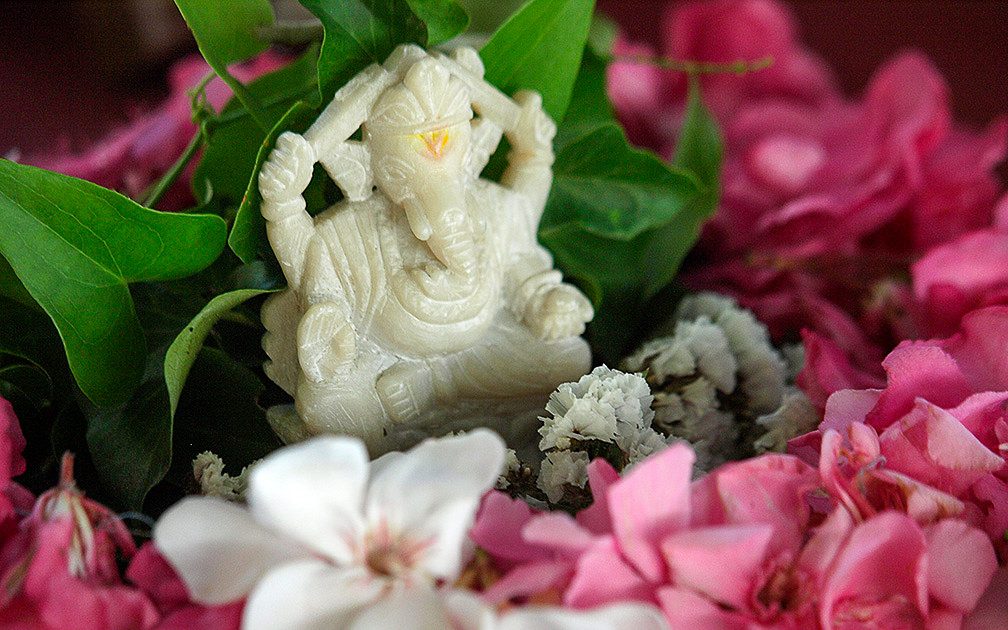
Ganesh Chaturthi
Ganesh Chaturthi is celebrated on the fourth day of the bright moon phase Bhadrapad (August/September); it is the birth day of Sri Ganesh, a big festival celebrated worldwide. There is a wide variety of customs…
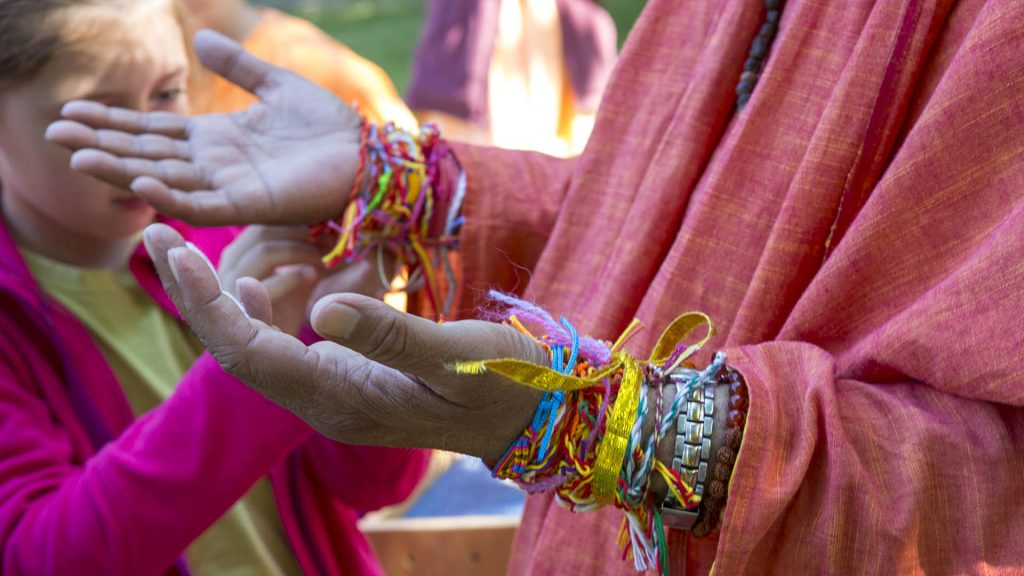
Raksha Bandhan
Raksha Bandhan is celebrated on the full moon day – Sravana Purnima – in the month August/September. This is the day when every person can choose a brother or a sister towards whom he/she feels closely connected…

Guru Purnima
Guru Purnima is a festival dedicated to the glory of Guru, a day when disciples come for Darshan to their Guru. For spiritual aspirants it is the most important festival of the year, when they…
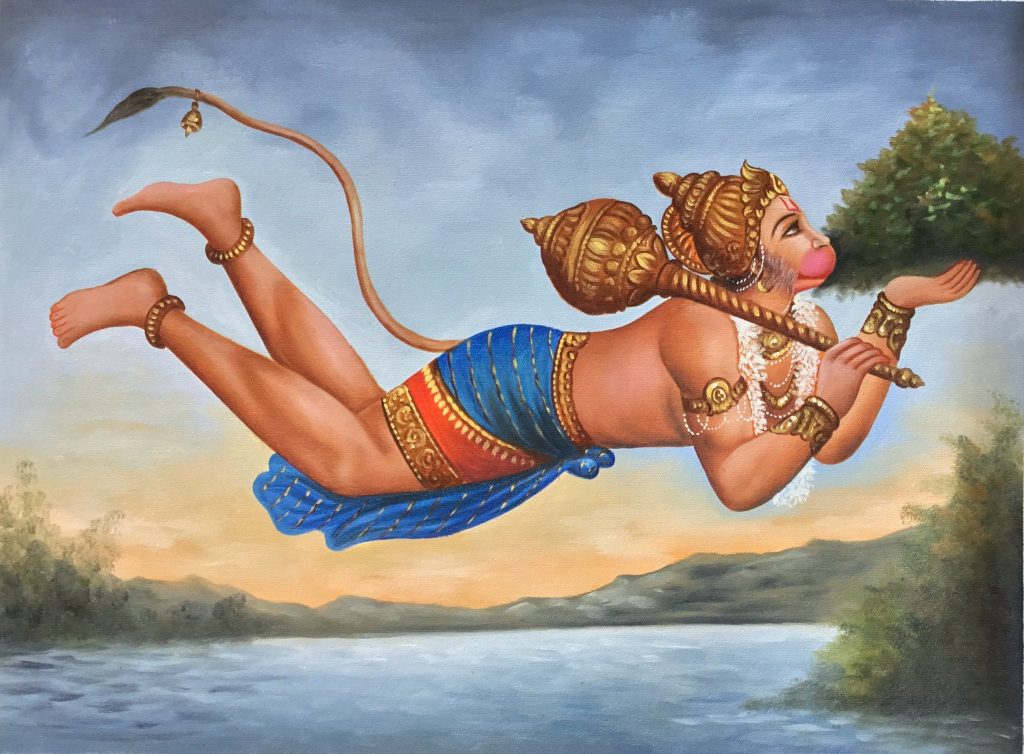
Hanuman Jayanti
Sri Hanumanji is respected all over India, individually or in connection with Sri Rama. In every temple dedicated to Rama there is an image – murti of Sri Hanuman. Hanuman is the Avatar of Lord…
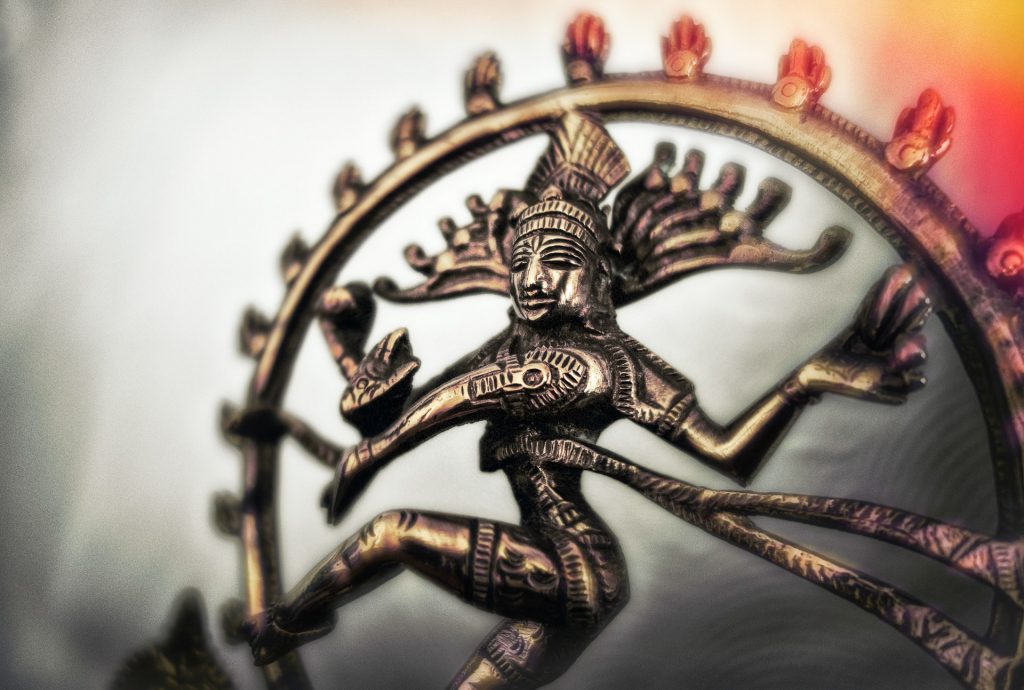
Maha Shivaratri
Maha Shivaratri means the Great Night of Shiva, a festival dedicated to Lord Shiva and celebrated according to the Lunar Calendar on the 14th day of the waning phase of the moon Falgun (February-March). The…
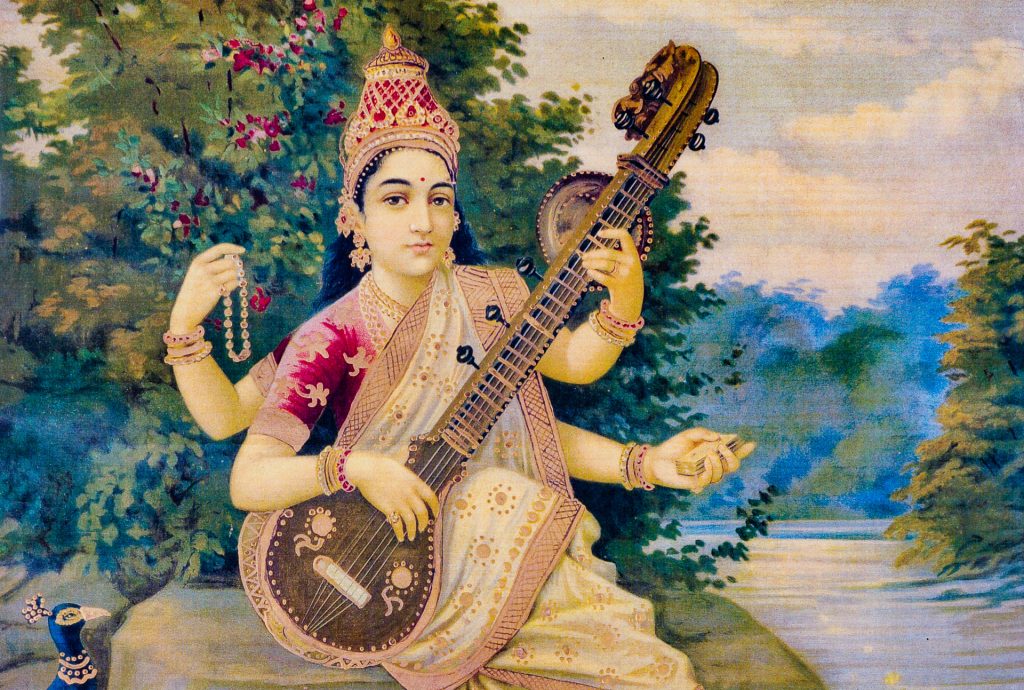
Vasant Panchami
Vasant Panchami is one of the more important festivals of India. It marks the beginning of spring and it is a festival dedicated to Sarasvati, the protector of learning, knowledge and wisdom. It is believed…
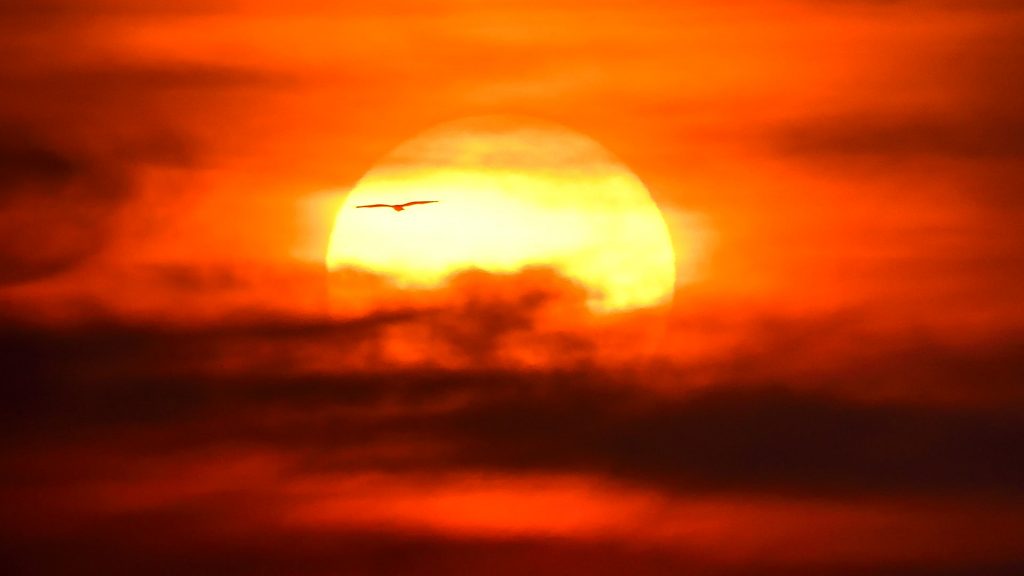
Makar Sankranti
Makar Sakranti is the only festival celebrated according to the solar calendar and falls on January 14th. Literally Sakranti means to move from one place to another – to change direction. It is the time…
Lunar calendar
Tithi (also found as Thith) is a lunar day and it is one of the most important aspects of the Indian Almanac or Panchanga. Most Hindu festivals and ceremonies are based on the Tithi calendar, and the lunar month contains 30 days.
If you notice a difference in the date of Purnima and Amavasja it is because the day starts with sunrise. Therefore if Purnima or Amavasja falls before sunrise it is taken the previous day.
